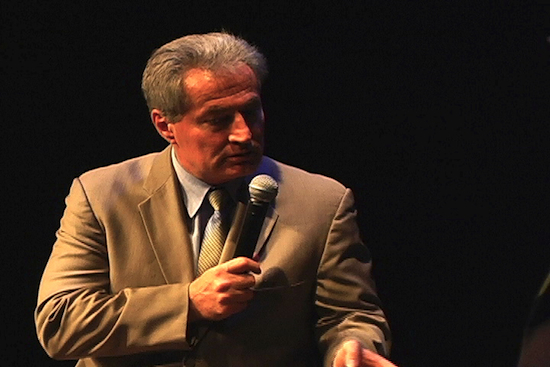Brain Injury Advocacy: DJ Part Twenty
DJ in his final words talks about the internet and the brain injury advocacy he has established with his support group, TeamHiLevel. He also will talk about how difficult it is to get a brain injury advocacy. Brain injury advocacy for professionals such as doctors and lawyers.
Brain Injury Advocacy in DJ’s Thoughts
You’re right, that you and I could do this for hours and hours. And, we may come around and do it again in six months. But in five to ten more minutes, tell me what you want to talk about. What you want people to hear from your voice for brain injury advocacy versus your, your keyboard. What do you want to say?
I just want to say that this has settled me in a way that maybe nothing else could have. You know, I’m not in a dart league right now. I’m sure my family’s happy about that because I’m not out in a bar participating in those sports. I am helping people. I know that. And they’re helping me.
I want to say that the legal end of it is very difficult and very hard to understand. There’s a lot of people that think they have a great case and, as you well know, you may have a great case. But, you’ve got to really learn how to prove your case. Learn the neuropsych evaluation tests. What are they? If you’re only being given the MMPI-2, get the results. Get the results because if they’re saying malingering can’t be ruled out, then he only had that intention, because the MMPI can be used for a couple of different things but it can be, can and is used a lot to use it for malingering.
Trying to keep medical open and convincing lawyers that if you can – and I know that’s hard – but keeping medical open, getting an accurate diagnosis. I mean, I can really layer this out. There’s so many things that, getting to know your kid’s injury, cerebral palsy.
I don’t want to mention a whole bunch of names but there’s some really good people out there that know how to win cases, know that they should know their kids’ medical records. Their mother’s, father’s, uncles’, grandfathers’, sister’s, medical records, good diet, nutrition, sleep, and, hey if you want to go out and have a few beers and relax, then just do it. Make sure you know how to have fun and take care of yourself.
Brain Injury Advocacy for the Professionals
This project (for brain injury advocacy) is about giving the brain-injury people the opportunity to speak. How do we get the other side of the, our community, the professionals, to listen better?
Like the lawyers or the doctors?
Mostly the doctors.
I don’t know other than, you know, like what I’ve brought to you. I’ve got, you know, a 16-page white study and white paper study, international study on what subarachnoid hemorrhage does to the thyroid. I tell people print this. It’s 22 pages. I’m sorry and it’s some ink but when I brought this to my neurologist, all of a sudden the brain injury is a problem with the thyroid. Then you bring it to the VA and then you send the email to your attorneys and you send it to your medical annuity administrator and they start going this guy is not to be played with. I mean, he wants to get better and that’s all I’ve ever been all about.
There’s no line, there’s no, you know, I don’t cut chocolate cake with a chain saw. I use a plastic fork like everybody else. I take one bite at a time. But do we eat the whole cake? Or do we eat some of the cake? That’s what I’ve been telling people. You either want to get better or you don’t. You want to sit around and take in a bunch of pills? And I know people who will take every pill there is. They’ll get pumps put in their back instead of maybe a pain pill or a shot every once in a while. I didn’t want that shot, honestly.
It’s individualized. Were you an athlete when you grew up? If you weren’t, to me, you’re less likely to really care. And I don’t want to say that for everybody because educated people are just as aggressive. They want to get good grades. They’re competitive that way. They want to let – everybody has a different way of wanting to learn. Honestly in our group, all I ask people to do is just contribute something and in that, you know, some people will come back and they’ll say, “Well, hey, I got an idea for you. Do you want to listen?”
Our group isn’t about you need to do this because they won’t last long. I’ll tell you that right now because I don’t know if you need to do this. I can’t say, “Mr. Johnson, from now, I think when you do your interviews, I think you should do them like this.”
I only want to help people that want to help themselves. But if I see something and I know that person’s not aggressive – I will say, “Hey, by the way. Here’s a link. Now you read it.” I think that’s what we can do.
What I can do for brain injury advocacy? Continue to listen and let the brain injured person have a voice.


